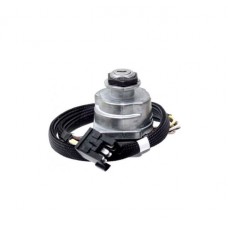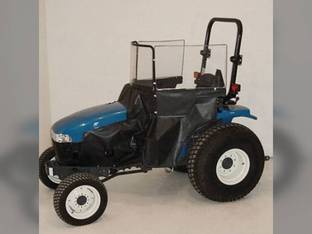
Any of you with more known issues, please post them. I've posted the problems I'm aware of as separate messages, so that someone who wants to follow off a given subthread will have an easier time when lookiing in "Threaded" mode.

Forewarned is forearmed, however, and I'd like to know what to look for before the warranty runs out. I'm not trying to start a NH-bashing thread. I'll mention those, as well as a few others I recall to get the ball rolling. I'm far from expert, but have heard / experienced a few problems on my TC33D.

Several people have suggested a thread along these lines, no one has started one. Hopefully, this will help prospective buyers and owners alike. Fixes, if any are known, should also be posted here. It may seem like you’re paying an unnecessary price for water, but since the premix uses demineralized water, you don’t have to worry about the concentration or the content.įortunately, your AGCO dealer can run a coolant analysis, which not only determines coolant condition, but identifies any other problems that can show up in the cooling system.This thread is intended to document common problems, gotchas, or things to look out for on the New Holland compacts.

That’s why most service technicians generally use a 50/50 extended life premix. That can lead to rust, scale and corrosion. If extra fluid is required or if you’re adding new antifreeze, don’t add ordinary tap water. Hence, it’s best to match what is already in the system or pick an antifreeze type for complete replacement and stick with it. Some formulations also have fundamentally different chemical compositions, particularly when you compare extended life organic-acid coolants with “fully formulated” coolants that were predominant 15 to 20 years ago. However, the additives wear out or are depleted as the coolant ages.

Other additives serve to protect copper, brass, and aluminum components and to buffer acids formed by the breakdown of glycol. Products formulated for diesel engines also contain nitrate or other additives to coat wet engine sleeves and protect against cavitation, and the resultant erosion. While most antifreeze formulations contain approximately 95% ethylene glycol, they also contain a certain amount of water and an additive package designed to prevent rust, scale and corrosion. Next, you’ll need to check the condition of the antifreeze. Keep the radiator and any cooling units that are positioned in front of it clear of dirt and debris.


 0 kommentar(er)
0 kommentar(er)
